For parents navigating the intricacies of autism, one common question that often arises is, “Is autism hereditary?” Let’s explore this question, providing clarity and understanding about the genetic aspects of autism.

The Role of Genetics:
Research suggests that there is a genetic component to autism. Studies have shown that if a family has one child with autism, the likelihood of a second child also having the condition might be higher compared to the general population. However, it’s crucial to note that genetics alone do not determine the development of autism.
Complex Inheritance Patterns:
Autism is known for its complex inheritance patterns. Multiple genes, as well as environmental factors, contribute to the development of the condition. It’s not a matter of a single “autism gene” but rather a combination of genetic variations that can increase the risk.
Environmental Influences:
While genetics play a role, environmental factors also contribute to the development of autism. These can include prenatal factors, complications during birth, and early childhood experiences. The interplay between genetics and environment is intricate and not fully understood.
Risk Factors:
Certain genetic conditions, such as Fragile X syndrome or Rett syndrome, are known to be associated with a higher risk of autism. Additionally, advanced parental age, especially in fathers, has been linked to an increased likelihood of having a child with autism.
Understanding Risk vs. Determinism:
It’s important to emphasize that having a genetic predisposition does not mean a child will definitely have autism. Many individuals with autism have no family history of the condition, and conversely, some families with a history of autism have children who do not develop it.
The Importance of Early Intervention:
Understanding the genetic component of autism can be empowering for families. Early intervention and support play a crucial role in mitigating challenges associated with autism, regardless of whether it is hereditary or not.
Conclusion:
In the journey of understanding autism, recognizing the interplay between genetics and environment is essential. While there is a hereditary component, it is just one piece of the puzzle. Every child is unique, and early intervention and support can make a significant difference in their development.
Stay tuned for more insights into autism and neurodivergent family support on our website!

